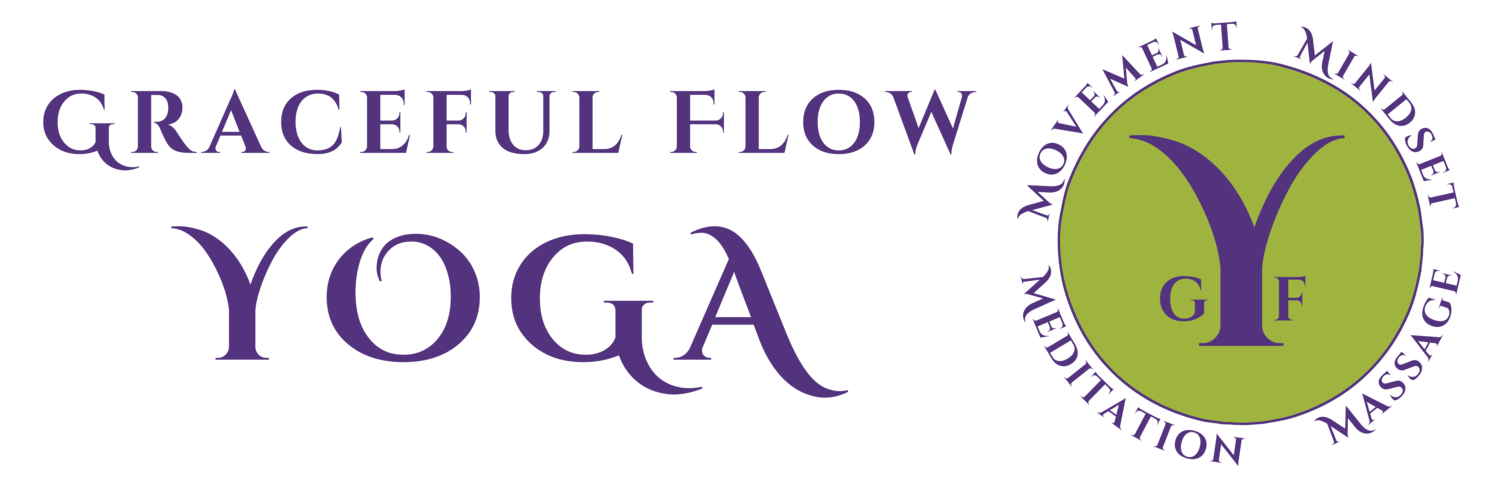If you have ever been to yoga class you will usually be looking forward to the last bit, where the teacher leads you into a guided relaxation or a quiet period, called Savasana. Do you ever feel that just as you are starting to relax and enjoy this time it is time to get up again? Maybe you should try Yoga Nidra.
'Yoga Nidra is an ancient practice, combining alert awareness with full relaxation, connecting with your deep consciousness, whilst healing the body. ' ......So what does that mean?
When you sleep the body is in rest, but even in sleep there are physical and mental tensions, you move around, have dreams and nightmares, not everything in your day is resolved by bedtime and that tension can stay with you. Sometimes you wake up feeling not so refreshed, with stiff shoulders, tight neck or memories of a bad dreams. Yoga Nidra is a relaxation practice that slows down the mind, but not completely that you lose consciousness or sleep. Whilst remaining awake awareness, the mind and body relax, freeing underlining tensions and fears. In this deep state, free of stress, healing and mental clarity can happen.
Yoga Nidra actually means “ Yogi Sleep” or “Dynamic Sleep”, however it not about taking a 45 minute nap. You are guided through a series of different awareness - sensations, body parts, breath and visualizations. This systematic technique contains the distractions of the mind inviting deep relaxation. People often believe that relaxing is switching on the TV or reading a book, but in fact, this is merely a sensory distraction. For true relaxation the physical, mental and emotional body must be calm and quiet.
Yoga Nidra differs from meditation, where your mind stays focused allowing for thoughts, emotions and images to come and go. This is known as the Waking state. Yoga Nidra moves past the chatter of the Waking state and the fantasy of the Dreaming state, to go into Deep Sleep, yet remaining awake.
Yoga Nidra is a wonderful practice, it requires nothing of you, but to lie down, get comfortable and be still. It is beneficial for everyone and can be done at the end of physical movement or your yoga practice or as a stand alone experience, typically lasting for 20 to 45 minutes.
Stages of a Yoga Nidra Experience
1. Relaxation of the body – Preparation to bring the body into relaxation and stillness, listening to external sounds and starting to cultivate the attitude of a witness.
2. Setting a resolve or affirmation – An important part of the practice as it is in the deep conscious awareness we manifest what we desire. A short, positive statement in the present tense is created such as "I will enjoy total health." or "I am happy and content”"3. Rotation of consciousness – In a systematic rotation through the body parts you are guided to bring awareness to each part of the body, listening to the instructions and moving the mind rapidly according to the instructions without making any physical movements, judgements or anticipation.
4. Breath awareness – An awareness of the natural breath without making an attempt to change the flow of the breath. Watching the breath into different areas of the body, which is often combined with counting each incoming and outgoing breath.
5. Manifestations of opposites – A this stage different physical or emotional sensations are recalled, usually this is practiced with pairs of opposite feelings or sensations like heat and cold, heaviness and lightness.
6. Visualization / Journey – You are guided through different objects, stories or situations.
7. Return to the Resolve or Affirmation - This stage is repeated again at this time, with the same resolve repeated three times again.
8. Return to Awareness - Slowly the awareness is returned by listening to the external sounds, objects and people around. Slowly moving the body, stretching and awakening.
Benefits of Yoga Nidra
•Helps with stress levels, anxiety and panic, helping teach the nervous system not be constantly in the fight and flight mode. •Releases tension in the body and mind, with reduction of muscular, mental and emotional stress.
•Helps with suffering from chronic conditions such as fatigue or pain, to connecting to your authentic self. •Helps with creativity and enhances mental focus •Increases quality of sleep if suffering from insomnia
•It is said an hour of Yoga Nidra is equal to four hours of sleep
“Yoga Nidra is the science of relaxation which enable each of us to dive deep down into the realms of the subconscious mind, thereby releasing and relaxing mental tensions, and establishing harmony in all facets of our being.”


